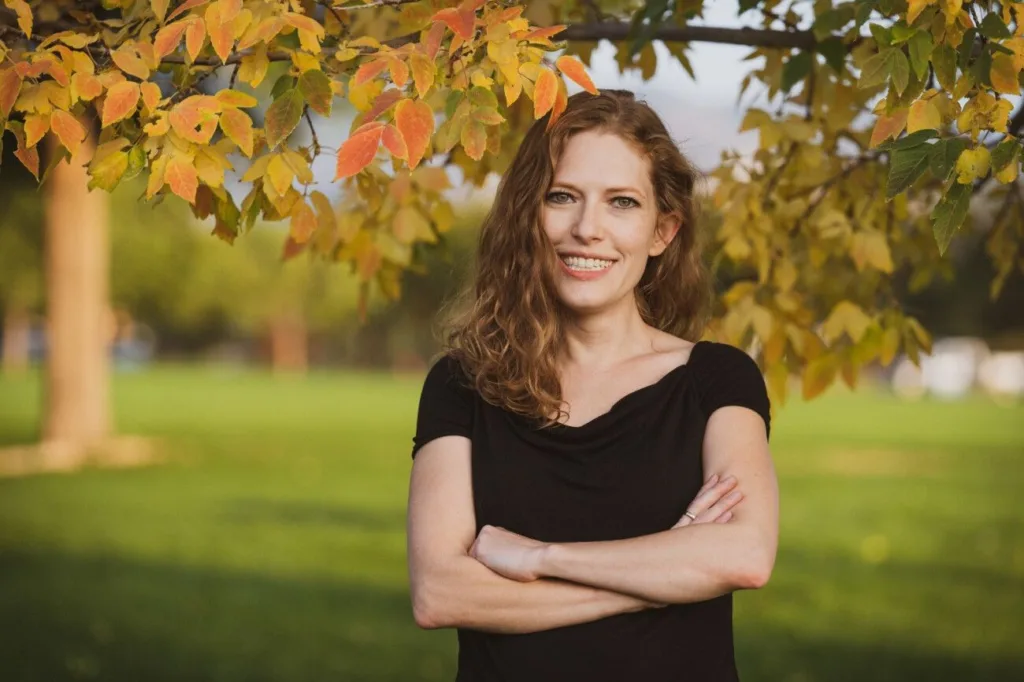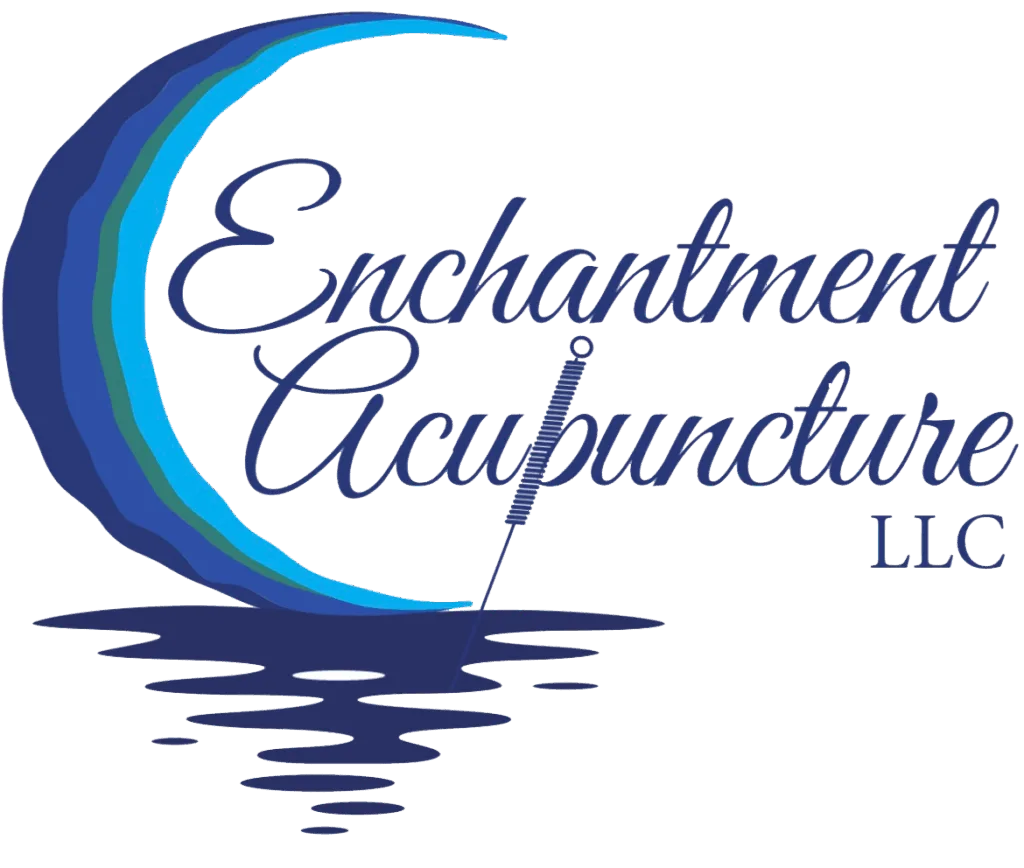Acupuncture in Placitas and Albuquerque, NM

Jessica Schulte, DOM
Jessica earned a Master of Science degree in Acupuncture and Oriental Medicine at Southwest Acupuncture College in Albuquerque, New Mexico.
She is a licensed Doctor of Oriental Medicine in the state of New Mexico, and holds diplomat status in Oriental Medicine from the National Commission for Acupuncture and Oriental Medicine (NCCAOM).
Come experience natural care for:
- Anxiety
- Arthritis
- Autoimmune Disorders
- Back Pain
- Chronic Pain
- Depression
- Facial Rejuvenation
- Fatigue
- Fertility
- Headaches
- Insomnia
- Mental health
- Neck Pain
- Neuropathy
- PTSD
- Stress
- Weight Loss
Acupuncture
A healing technique based on the principal of free and uninterrupted energy flow. It helps activate the natural healing processes in each patient’s body as well as to restore their physical and emotional well being.
Cupping
A form of alternative therapy by which cups are placed on the skin to create suction. It’s a treatment which releases stagnation pain and discomfort from the meridians of the body as well as softens tight muscles and joints.
Herbal Medicine
Over the past 5,000 years, Chinese herbology has evolved into an art form of its own. Ancient herbal information was gathered, compiled, formulated, tested and handed down from generation to generation.
Facial Rejuvenation
A technique that helps to stimulate the cells responsible for collagen production and strengthens the skin and connective tissues, among other benefits, to create a more youthful appearance.


